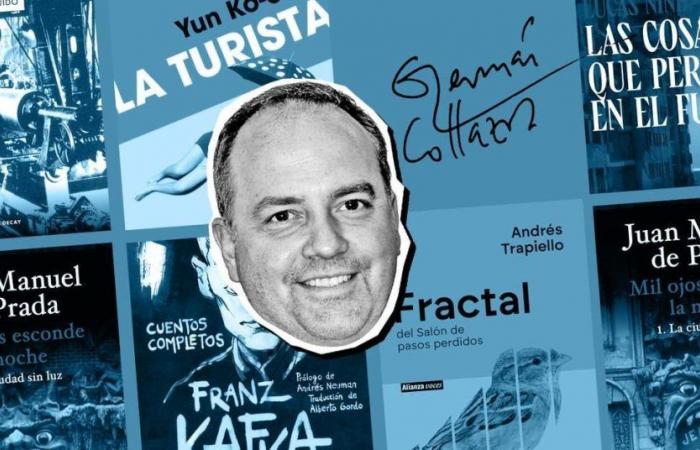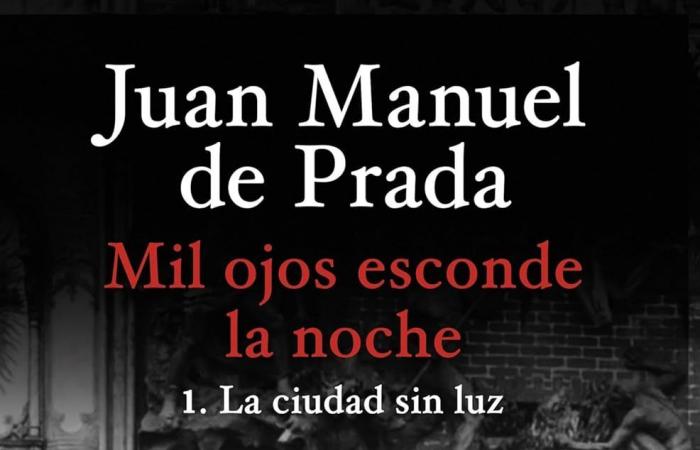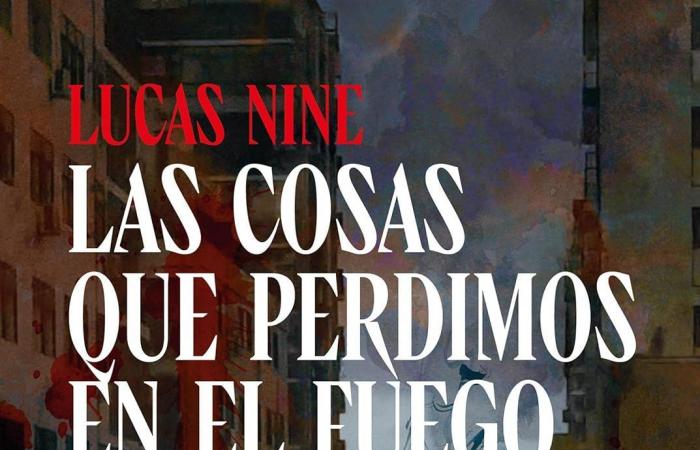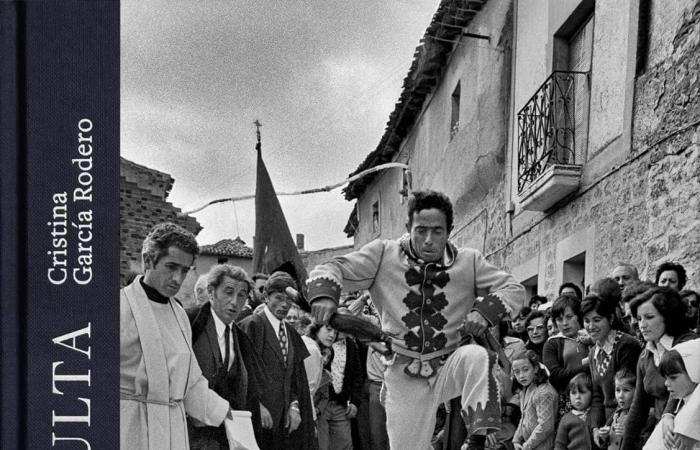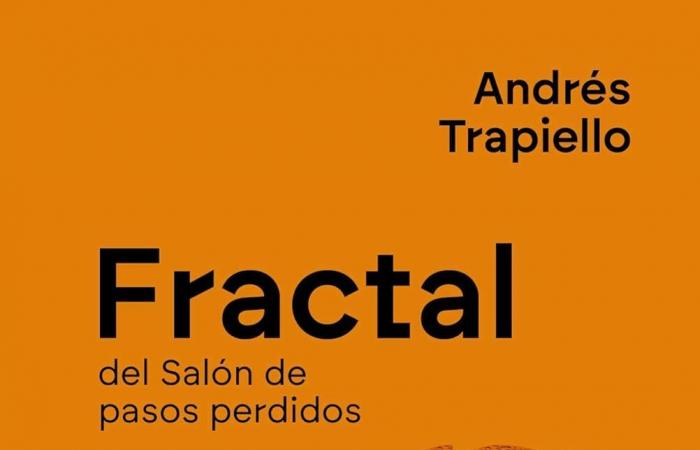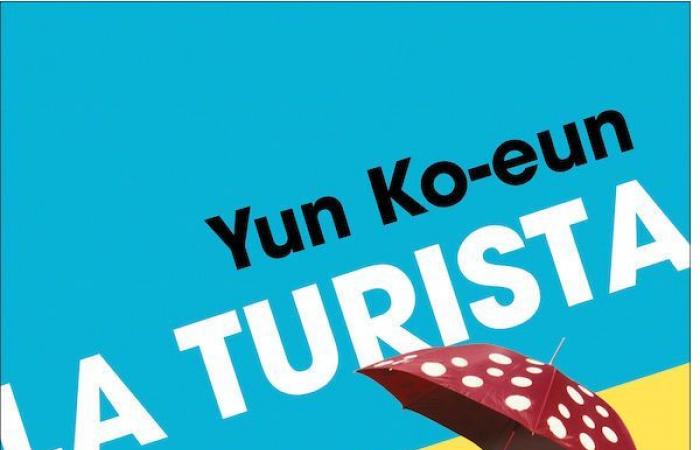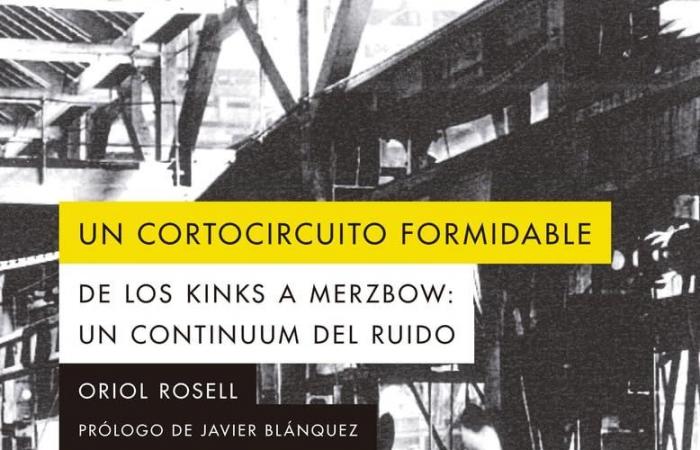Complete stories, by Franz Kafka (translation by Alberto Gordo; Foam Pages). Kafka. Kafka. Kafka. Are you tired of hearing this Prague surname? Don’t worry: it’s just that we are celebrating the centenary of his death (celebrating deaths is something I can’t get used to), which is why Páginas de Espuma launches a new edition with all of his short narrative in an updated translation that invites us to enjoy his literary universe while asking ourselves again: if Kafka did not like his own writings, would he consider that current fans of his work have a terrible reading taste?
A thousand eyes hide the night I: The city without light, by Juan Manuel de Prada (Espasa). A few days ago, a photograph of the writer of this novel spread like wildfire on social networks so that people, in comments of all kinds, could make fun of him. His new sin? Go reading Richard Ford on public transport in Madrid. His old sin of his, which many people were quick to mention? Being overweight, which for me, also chubby, affected my morale a bit. What problem do people have with writers? beautifulCan you know? I believe that you have to be enormous—physically or intellectually—to write novels as extensive and wonderful as this one (eight hundred pages, and more will follow), not suitable for trolls weak-minded of those who swarm on the internet.
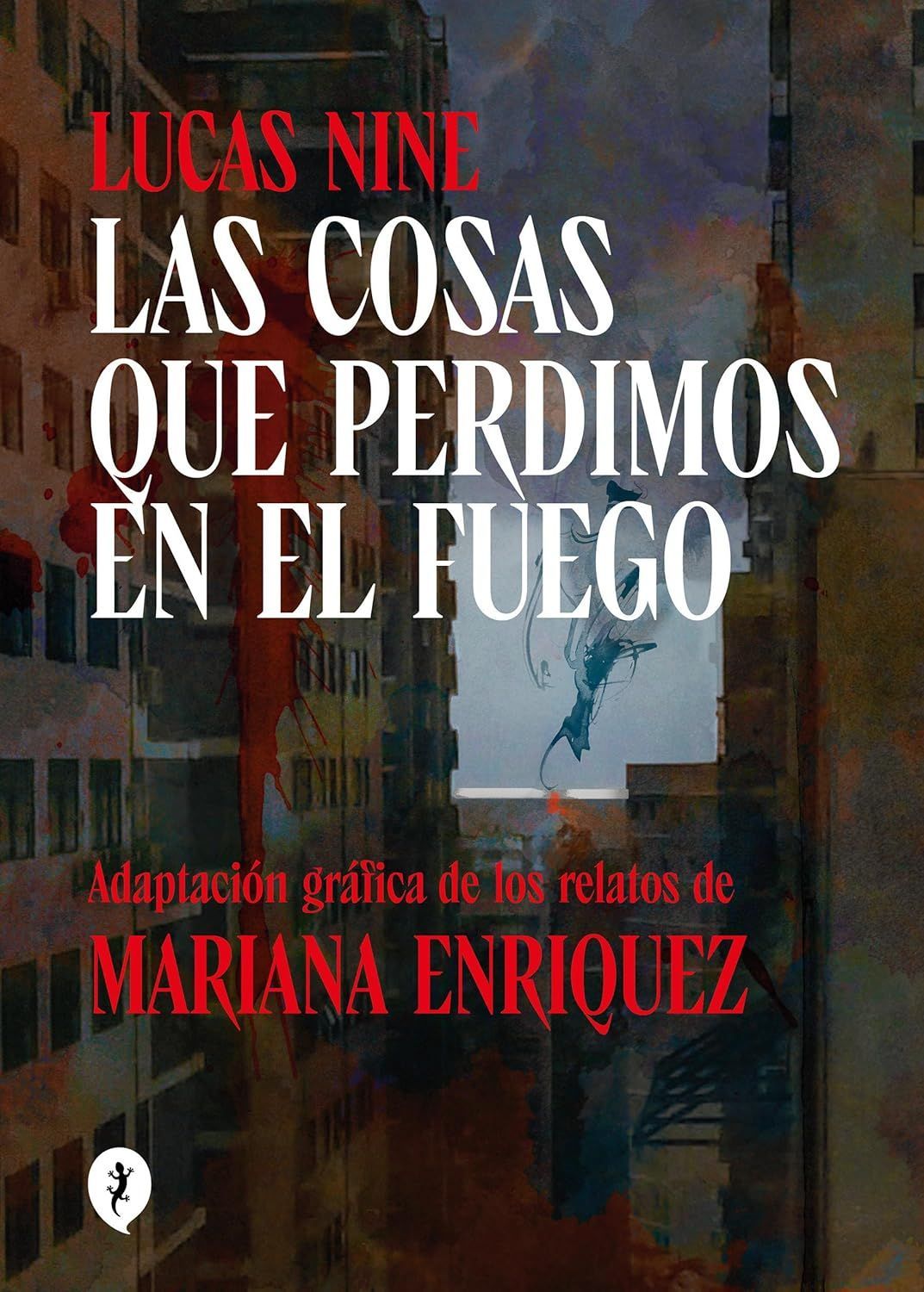
The things we lost in the fire, by Mariana Enríquez and Lucas Nine (Salamandra Graphic). Adaptation in comic format of four of the stories from the best-selling horror novel Mariana Enríquez, a type of book that is very eye-catching but carries a risk similar to that of the increasingly hasty release of films on television platforms: yes Publishers publish graphic adaptations as cool as this one of narrative books that work well in the market, what will stop people from waiting for the graphic version, with everyone preferring what comes with little drawings, the visual?
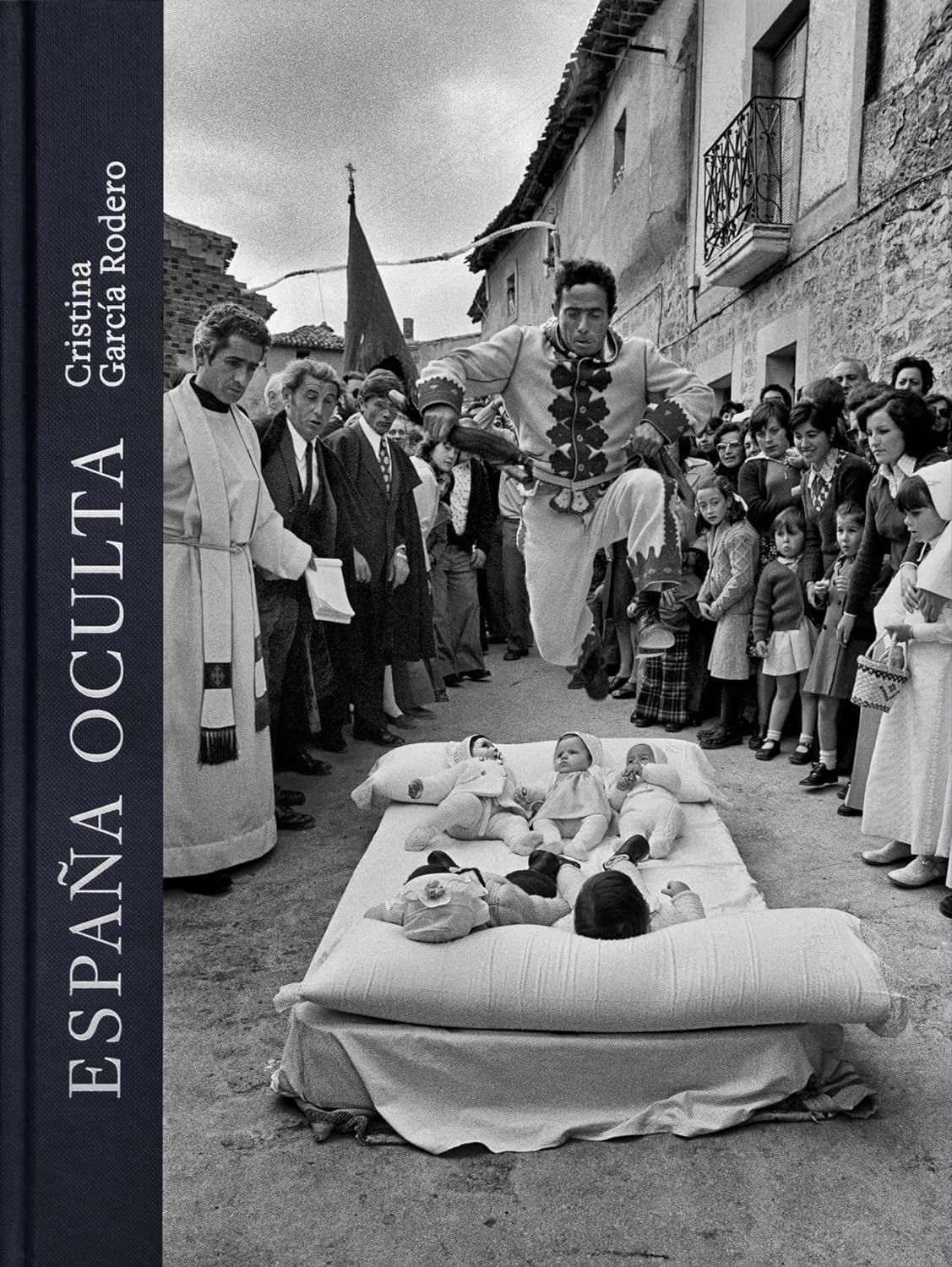
hidden Spain, by Cristina García Rodero (Lunwerg). If we look at the most successful novels of recent decades, it seems that there are no more cities in which to place interesting plots and arguments than in the so ubiquitous Barcelona and Madrid. This is why the work of the photographer García Rodero has always interested me so much: through her snapshots you can access, as if from behind the scenes, that provincial and rural Spain that with its rites continues to celebrate its festivals in the most curious and inconceivable (just look at the powerful cover, with that man endangering so many cherubs with his jump). What a surprise urbanites are going to be when they discover this reality, unknown to them, of which their country is also made.
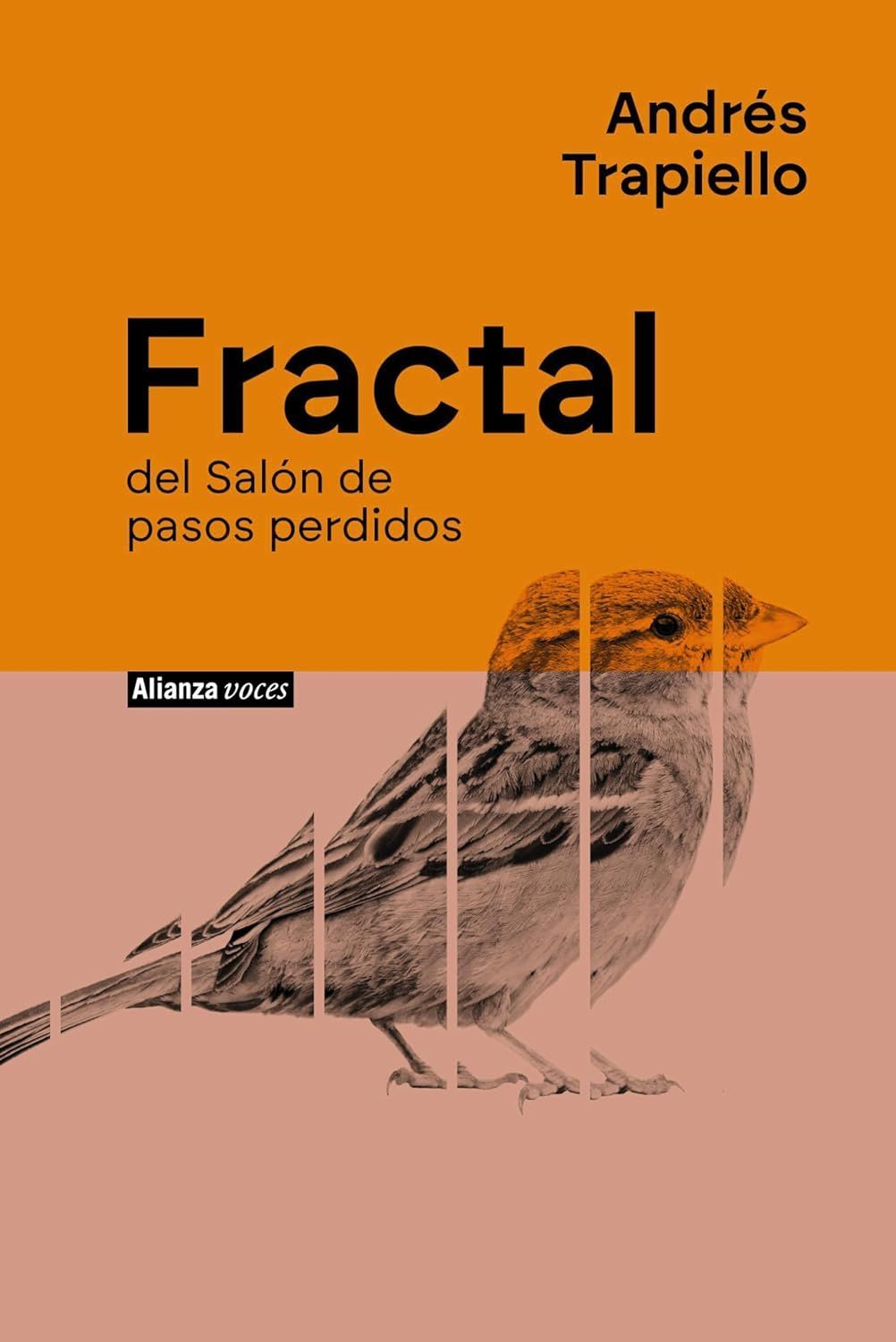
Fractal (from the Hall of Lost Steps), by Andrés Trapiello (Alianza). As if it were a compilation album with the best songs of an old rocker to the Neil Young, at Alianza, have seen fit to publish this anthology of the best passages of the Lost Steps Hall (you know, the immeasurable diaristic project started in 1987 and of which there are already 24 installments). One, who is a big fan of the lightness, everydayness and repetitiveness of these newspapers, wonders how their new editors were able to carry out this selection. How to choose from the hundreds of times that Trapiello walks through the Rastro? How is it possible that they could have chosen from so many weekends in Las Viñas, from so many Christmases in León?
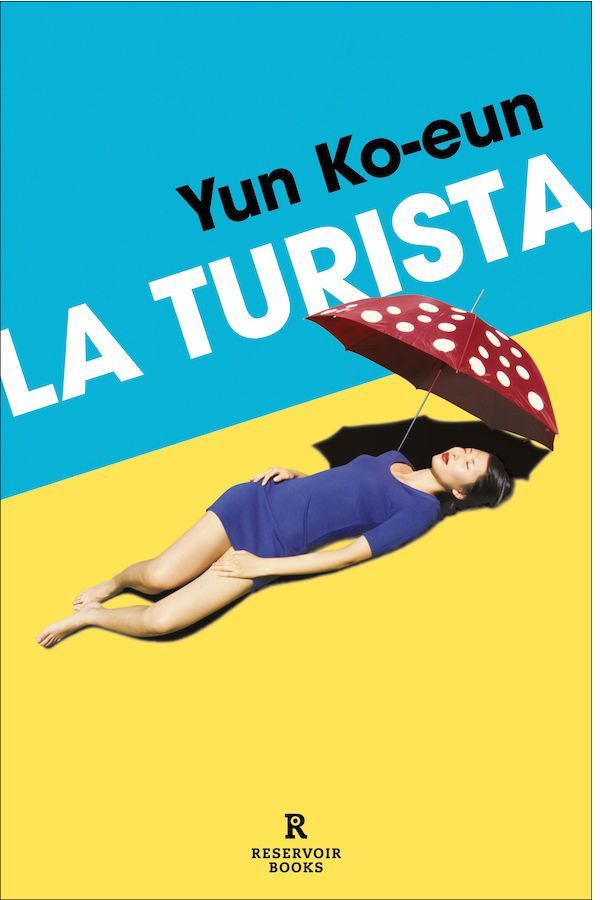
The tourist, by Yun Ko-eun (translation by Sunme Yoon; Reservoir Books). Brilliant and sagacious novel that tells the story of a travel agency worker specialized in sending her morbid clients to places where a natural disaster has recently occurred. Fun and disturbing ideas like this are what stimulate me as a reader and trigger my own fabulation. They imagine? Trips by immoral tourists also go to Brussels, ground zero for the chaos that the European Parliament has become after the rise of far-right parties in the last election.
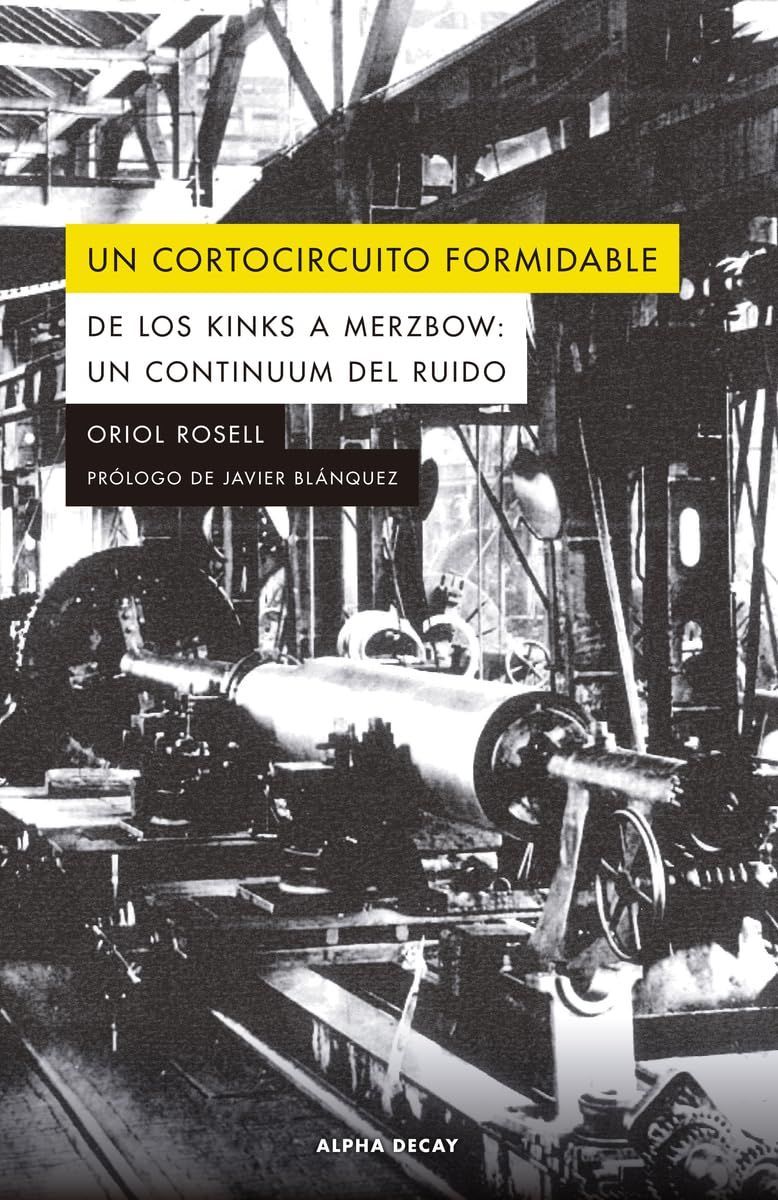
A formidable short circuit: From the Kinks to Merzbow, by Oriol Rosell (Alpha Decay). Attractive essay that investigates the relationship between noise and music, the possibility that both are the same, the possibility that distortion is an effective sound expression. I, who pride myself on being a great music lover, know that when allegations are made against supposedly music noisemaker is that there is something interesting and artistically revolutionary behind it. This is what happened with Stravinsky (the Parisian audience left the room during the premiere of his Consecration), with the electric Bob Dylan, with the Planets in ’93… and the same thing happens now with my Newsalso “formidable” but accused by dull and old-fashioned readers of mere literary noise far removed from boring traditional criticism.

